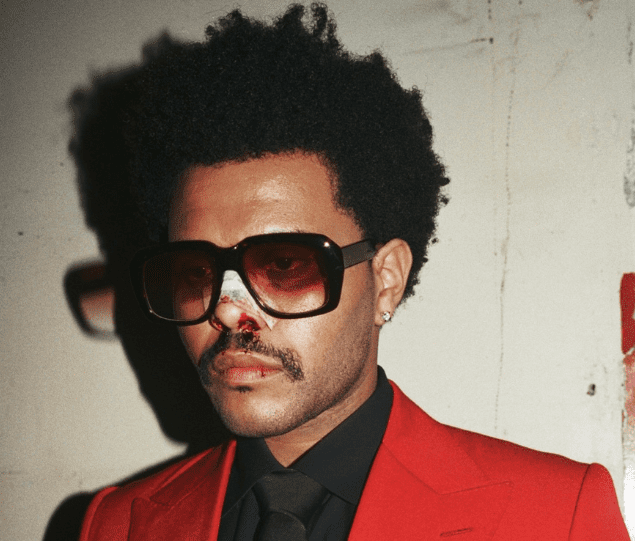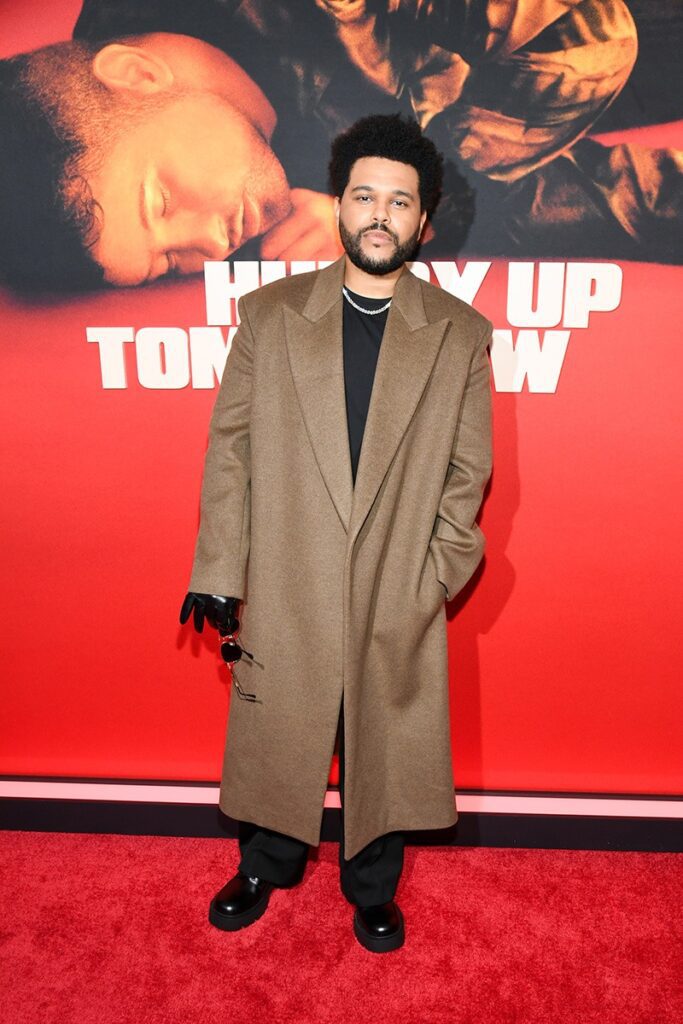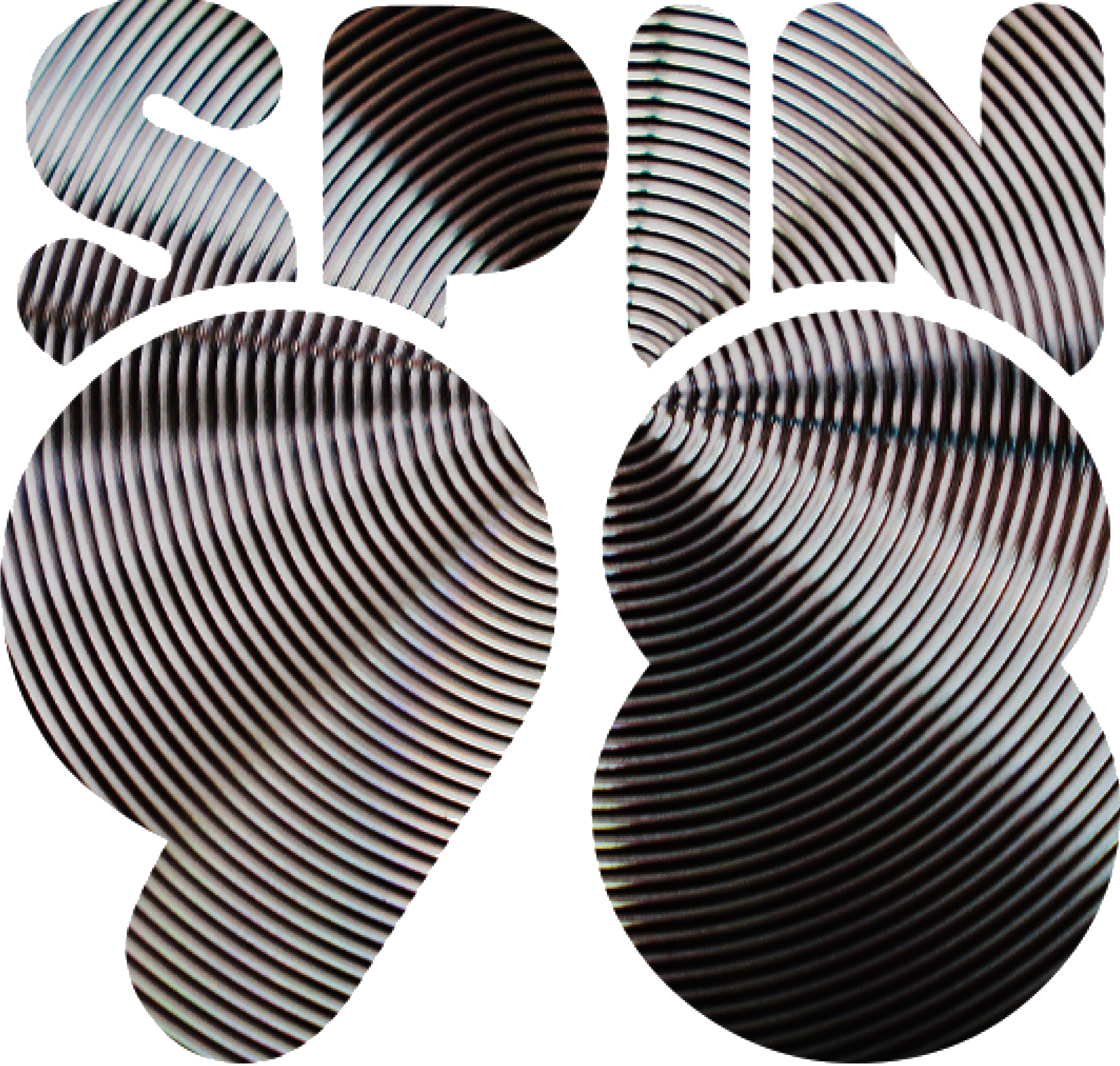
The Weeknd Sets A Preview For Fans Of His New Movie
The Weeknd is having a colossal month — even by his own towering standards. The artist has just launched the latest leg of his chart-dominating “After Hours Til Dawn” stadium tour in Glendale, Arizona. But the real headliner this week isn’t onstage — it’s on the big screen.
This Friday, The Weeknd makes his feature film debut in Hurry Up Tomorrow. A movie filled with psychological fever dream hits theaters worldwide via Lionsgate. Directed by indie auteur Trey Edward Shults, the film stars Tesfaye alongside Jenna Ortega and Barry Keoghan. Totally done in a surrealist tale loosely based on his own emotional descent and rebirth.
“It’s truly the most massive week of any artist,” says Darryl Eaton, co-head of global touring at CAA. He’s not exaggerating: the tour is already on track to become the highest-grossing
North American tour of the year, projected to surpass $400 million. That’s Beatles-meets-blockbuster money — and now Tesfaye is angling for a similar cultural impact in cinema.
But don’t call Hurry Up Tomorrow a glorified album companion. At the same time, it shares a title with his moody, genre-pushing January release. The film was already deep in development before the album was completed. Instead, it forms one layer of a sprawling, multi-platform narrative — part music, part film. Most importantly, part of the live experience is designed to blur the line between the persona and the performer.

The Weeknd and Going Deep Into Himself
In Hurry Up Tomorrow, The Weeknd plays a stylized version of himself, navigating an existential labyrinth. The labyrinth itself is shaped by Jungian psychology and the fractured mirror of celebrity. The result is a nightmarish descent through fame, trauma, and identity — more Mulholland Drive than Purple Rain.
Pulling off a project of this scale required a near-symphonic level of collaboration. Lionsgate teamed up with Republic Records, Tesfaye’s XO imprint, Manic Phase Productions, Live Nation, and both CAA and WME — the latter now representing Tesfaye for film. According to Adam Fogelson, chair of Lionsgate’s motion picture group, chaos could have turned into something rare: creative harmony.
“We spent the beginning of this relationship making sure everyone understood what their role in this orchestra was going to be,” Fogelson tells Variety. “It was about over-communicating, and making sure we amplified each other’s work instead of stepping on it.”
For Lionsgate — already home to first-look deals with directors like Chad Stahelski, Francis Lawrence, and Paul Feig — backing a visionary artist like Tesfaye signaled a pivot toward untapped creative terrain. The $15 million budget for Hurry Up Tomorrow may be modest by Hollywood standards, but the artistic upside and cultural clout? Massive.
And while it’s unlikely to dethrone big studio tentpoles like Final Destination: Bloodlines this weekend, that’s beside the point. Hurry Up Tomorrow isn’t chasing box office glory — it’s reimagining what it means to be a pop star in the age of cinematic storytelling.
With this bold pivot into film, Tesfaye isn’t just building a brand — he’s crafting a universe. One that spans stadiums, soundwaves, and now the silver screen.




